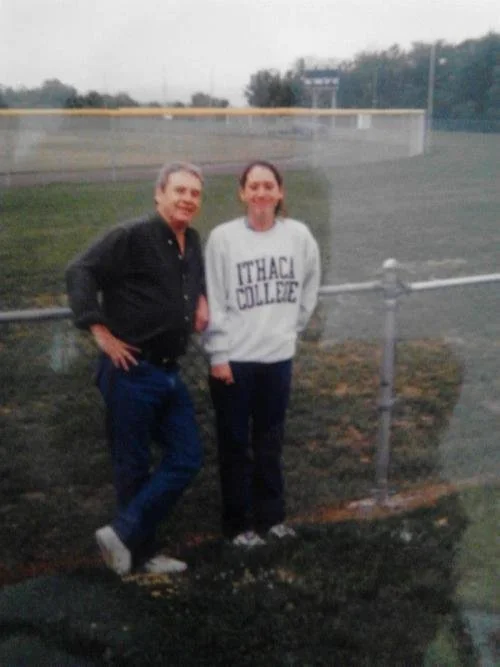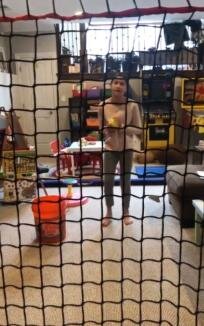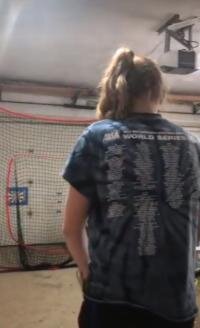You know what they say about Chicago, “If you don’t like the weather, wait fifteen minutes.” Illinois is not known for it’s stellar summer sports, and we love to blame the weather. But sports are about overcoming obstacles, not using them as excuses. Our Big, Hairy, Audacious goal at Practice Pro is to make Illinois the powerhouse of pitching - with our pitchers competing on every team in the WCWS by 2035!
One way to do this is to make our obstacles our assets. Our cold weather could be one of our greatest assets as a Midwesterner. We do a lot of pitching into close nets in our basements. Pitching without a forty foot target or even “fake pitching” allows pitchers to throw with great fundamentals. You might have noticed that a pitcher can execute a fake pitch with perfect mechanics, but as soon as she gets the ball and tries to actually throw to a target - rotten they go. She reverts back to what is comfortable. She does what her neural pathways have been built for - incorrect mechanics.
If I could train a pitcher for a whole year into a close net without a target, I would. But 9-year-olds get fed up with that in about 10 minutes, unfortunately. So, if it’s freezing outside, and it’s very beneficial to not pitch a full distance, what are our options? If it’s snowy and fields are unusable, if indoor facilities are booked, if it costs $60 per hour to rent a cage, if parents don’t have time to organize and rent school gyms, what can we do?
Create your own practice facility at home! Check out what some creative folks have done to their basements below.










![How To Solve Issues With Your Game Performance [Document]](https://images.squarespace-cdn.com/content/v1/56a0f458b204d5ee03895a17/1712934044401-JE6MFTS6VK7EIH8XQ6QY/Game+Evaluation+Sheet-page-001.jpg)
















